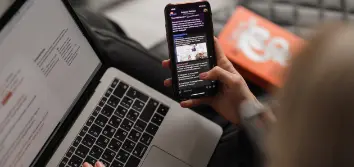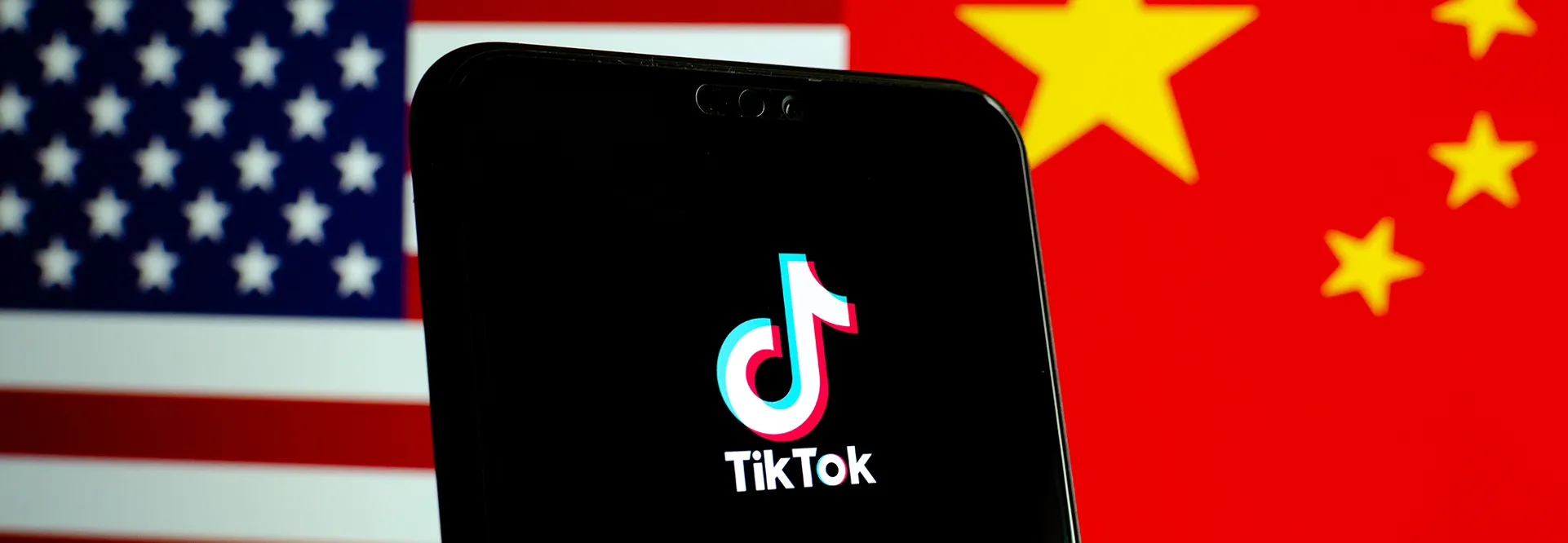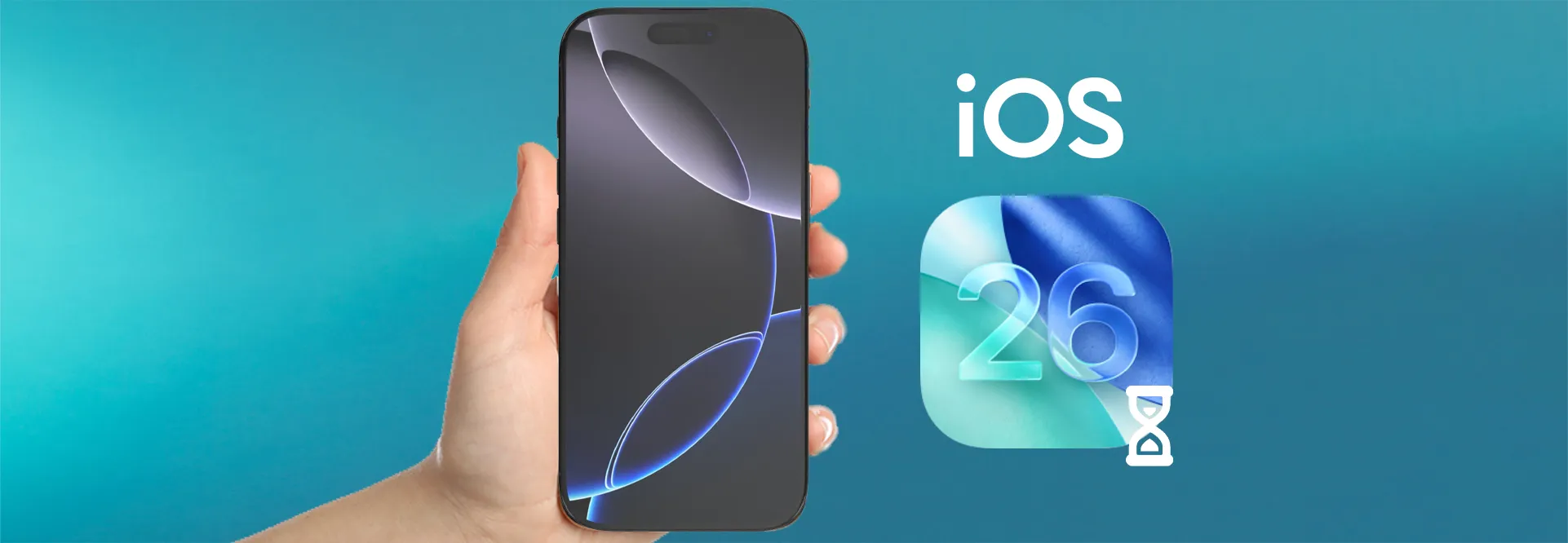Is This the End of TikTok? US-China Tech Rivalry Heats Up!
Robert Cerff / 05-04-2023 / Tech
The bitter tech rivalry between China and the USA is intensifying over TikTok. The wildly popular Chinese-owned social media app is taking centre stage in the name of national security and privacy in America. In 2020, the Trump administration attempted to ban TikTok, but was unsuccessful due to a lack of authority to remove it from the Apple App Store and Google Play Store. However, recent developments suggest that the USA is now closer than ever to banning the app from operating within its borders.
Restrict Act: The Future of Foreign Tech in the US
Concerns about privacy risks, access to sensitive information, and spreading misinformation or propaganda are why the US wants to ban TikTok. Leaders believe the Chinese government could force the app to provide sensitive data on American users or spread biased information using its recommendation algorithm.
A major step towards making a ban possible is the new proposed Restrict Act, which gives power to the Department of Commerce to review, mitigate, and block transactions involving foreign information and communications technology that may pose a threat or risk to national security. The Act was introduced a month ago, on March 7, by Senator Mark Warner and serves as a blueprint for tackling foreign technology moving forward. It targets six adversary nations: China, Russia, Iran, North Korea, Cuba, and Venezuela.
Although the Act doesn’t name TikTok specifically, it’s understood that it would be the first app to undergo the new process.
Separation from ByteDance or Total Ban
The Committee on Foreign Investment in the United States (CFIUS) has issued the CEO of TikTok, Shou Zi Chew, with an ultimatum – either separate ownership of the app from its Chinese parent company ByteDance (in which the Chinese government is a stakeholder) or be prepared for a complete ban. China responded to this ultimatum by calling it “unreasonably suppressing” and accused the US of spreading “false information” about data security.
TikTok’s spokesperson, Maureen Shanahan, said in a statement that separation doesn’t solve the problem if national security is the objective. She added that “a change in ownership would not impose any new restrictions on data flows or access.”
Project Texas: TikTok's Solution to US Concerns over Data Security
In a project that TikTok calls Project Texas, it addresses policymakers’ concerns by allowing the US to store personal data with US cloud giant Oracle. It will be governed by an independent board of directors, which TikTok will nominate and CFIUS will review. The board responsible for overseeing data flows in TikTok's US entity will be answerable to CFIUS rather than ByteDance or the global TikTok entity. Oracle will store all US user data on its servers and monitor the data entering and leaving the entity to ensure that these data flows do not pose any national security risks. It will also monitor how TikTok’s algorithms recommend content. It’s similar to Project Clover in Europe.
However, the likelihood of Project Texas being put into action is low due to the lack of trust that US lawmakers have in the Chinese government's motives and this distrust is not entirely unfounded. Chinese hackers have targeted US-based companies and the US government, resulting in the theft of trillions of dollars’ worth of intellectual property.
The Shift in US-China Trade Relations & its Impact on TikTok
Senator Mark Warner recently discussed with the tech website Rest of the World why more trade with China is no longer seen as a way to encourage democratic values in the seemingly authoritarian regime. He explained that since President Xi came into power, the Chinese Communist Party (CCP) has significantly increased its surveillance and focused exclusively on using its own technology to build the country. The situation worsened in 2017 when a law was introduced to grant the CCP access to anything in any Chinese company.
TikTok CEO defends Chinese ownership
Fears of security and privacy were amplified when TikTok CEO, Chew, answered pressing questions from the US House Energy and Commerce Committee in a five-hour grilling. During the session, he defended the company's Chinese ownership and refrained from explicitly stating that the Chinese government cannot access TikTok’s data. He also proposed that ByteDance retain its majority ownership of the platform and supported Project Texas.
While discussing the possibility of banning TikTok, Chew raised an important point that if the goal is to protect American voters from spying and manipulation, Congress should develop a plan that also tackles abuses on US-based platforms. After all, as stated by economics professor Kenneth Rogoff in The Guardian, the Cambridge Analytica scandal proved that misinformation and privacy breaches on Facebook played a part in helping Donald Trump win the 2016 election. And psychologist Robert Epstein argued that Google's search engine manipulated voters in favour of Democratic candidates, although the extent of this is debatable.
The Domestic Political Implications of Banning TikTok
Banning TikTok is an immensely challenging task, despite the proposed Restrict Act, due to its massive user base of approximately 150 million in the US, making it one of the most widely used social media apps. The platform has an enormous number of content creators who earn their livelihood from it, and it has garnered a tremendous following among voters under the age of 30, a significant portion of whom are Democrats and are against any prohibition.
Will TikTok Survive the Global Crackdown?
It’s becoming increasingly clear that privacy and security concerns over TikTok are spreading like wildfire. Already, India has outright banned the app, Canada and the UK banned it off government phones, and the Danish have told their journalists to refrain from using it. Now, with the most powerful country in the world moving to squash the app, could this spell the end of TikTok as we know it? And if so, what would this mean for the global internet? Only time will tell.









